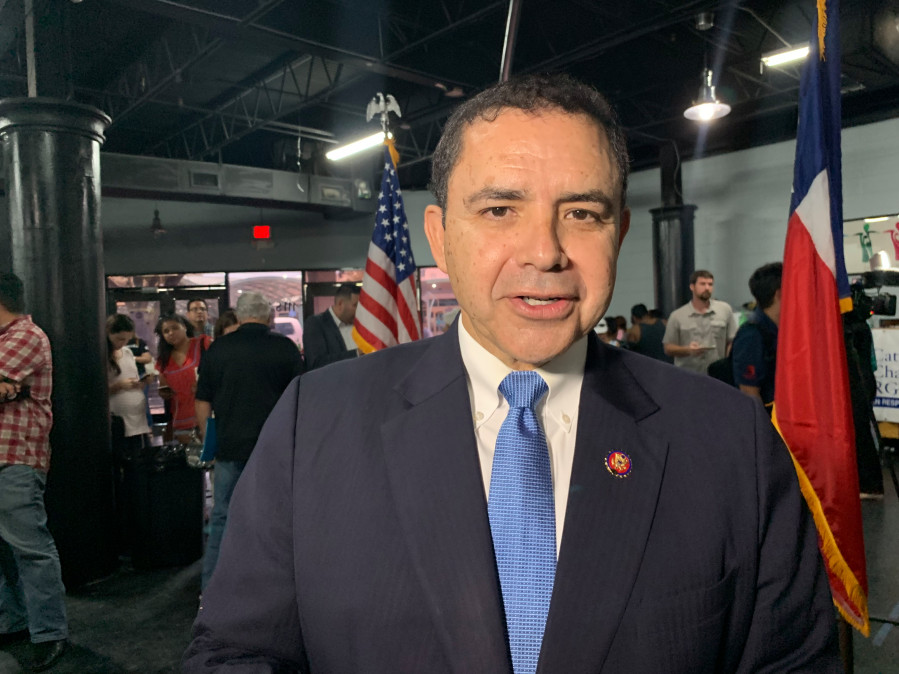But it’s not nearly what he had hoped for, at least not yet, he said.
In South Texas, the national board of the Emergency Food and Shelter Program will distribute a little over $700,000 to nonprofits in Hidalgo County, which has been at the epicenter of a migrant surge since 2014. This includes $601,559 to Catholic Charities of the Rio Grande Valley; $108,000 to the Salvation Army Corp Center; and $2,600 to the United Way of South Texas.
Cameron County nonprofits, including those in the Brownsville area, received $428,764, while the City of Brownsville received $197,309. Nonprofits in Laredo will get $304,700.
Notably missing from the list is the City of McAllen, which has spent hundreds of thousands of dollars to help migrants over the years.
San Antonio will receive $716,000.
Altogether, EFSP announced it will reimburse $7.8 million nationwide to nonprofits that applied. In an Oct. 10 memo, the board indicated it expects to award $21.6 million in the second round of distributions. And it said Nov. 1 is the deadline for organizations to fix application errors and resubmit.
In all, Congress appropriated $30 million for the EFSP national board to give out nationwide. The application for these funds only applies to costs incurred since Jan. 1.
“This second application period will provide additional time for agencies to engage with the EFSP National Board staff and to receive additional technical assistance in developing an application,” the memo said.
Cuellar, who is vice chairman of the House Appropriations Subcommittee on Homeland Security, has been working since 2014 to get federal reimbursement funds back to the communities in South Texas that have been helping migrants. But despite money appropriated by Congress several times, amounting to $100 million sent to the state of Texas, very few funds have found their way back to help cities, counties and nonprofits.

In August, Cuellar announced that a new distribution system was being implemented and a national board formed to help screen nonprofits and ensure the funds reach them. Read a story on the new system here.
“Even though the EFSP National Board has not awarded the full $30 million that was appropriated in the FY19 Emergency Supplemental Appropriations Bill, this is an important step to compensating the communities that have been on the front lines in providing humanitarian services to migrants at our southern border. It is critical that the EFSP National Board proceeds with awarding reimbursements to local entities and remains transparent in the application process,” Cuellar said.
“I will continue to work with both the National Board as well as local governments and organizations to ensure our communities are all properly reimbursed for their work. I encourage local stakeholders to contact my office for questions or concerns regarding the second application process. I want to thank the local entities who remain committed to providing humanitarian assistance,” Cuellar said.
Other areas that received significant amounts of funds from this first-round of disbursements included: Maricopa County, Arizona; Yuma County, Arizona; Riverside County, California; San Diego County, California; Las Cruces, N.M., and Cumberland County, Maine, which received $864,000.
Maine has been the relocation site for many Congolese migrants coming from Africa, many of whom entered through the Del Rio area of Texas and migrated via San Antonio to the Northeast.
Visit the BorderReport.com homepage for the latest exclusive stories and breaking news about issues along the United States-Mexico border.

















